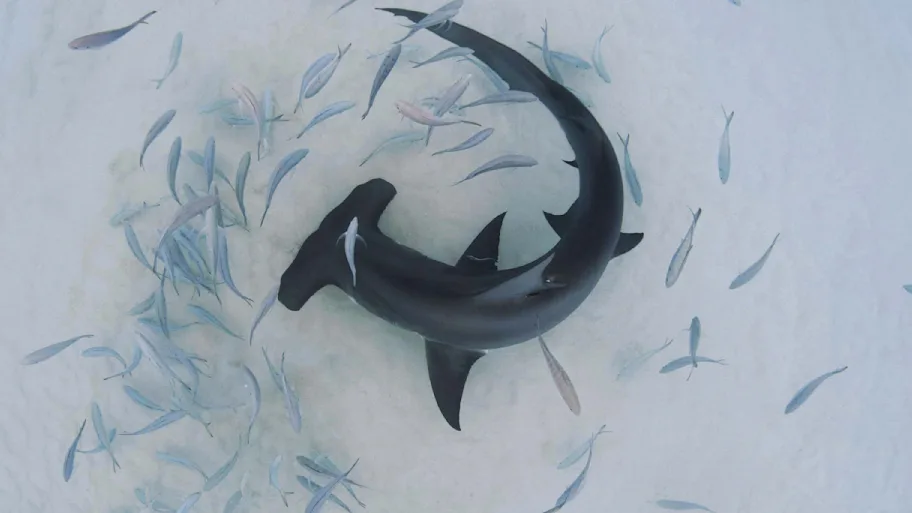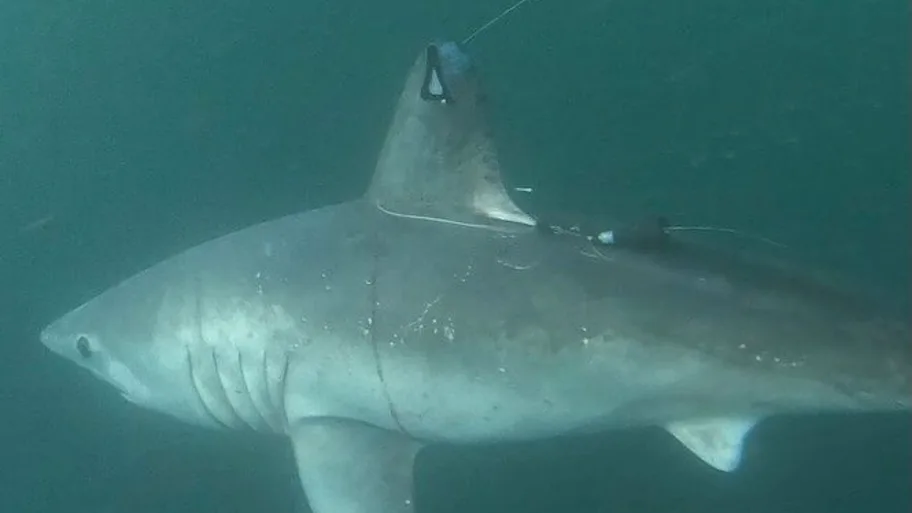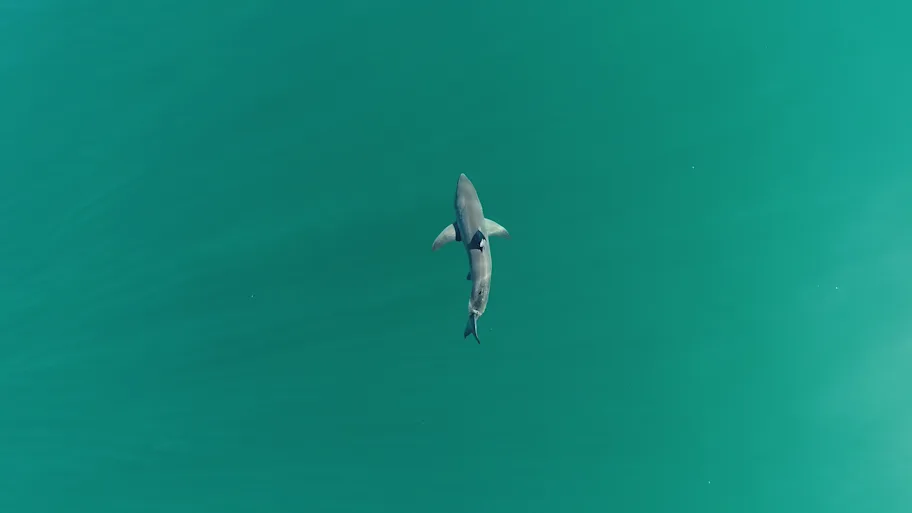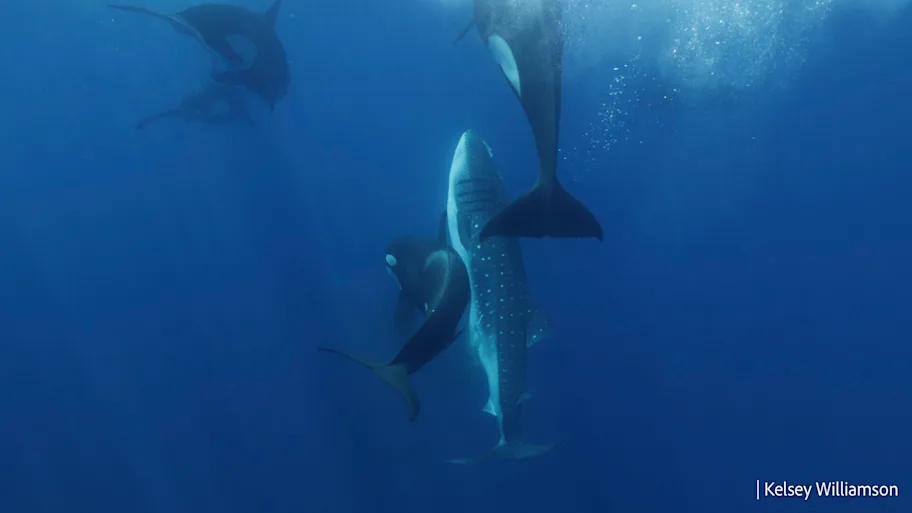
- Science news
- Featured news
- Some shark bites may be ‘survival instinct’ rather than planned attacks, contrary to media portrayal
Some shark bites may be ‘survival instinct’ rather than planned attacks, contrary to media portrayal

Animals facing distress due to human action or aggression may react in several ways, for example, by fleeing or retaliating. New research showed that sharks may defend themselves – not unlike land-dwelling animals or humans. In French Polynesia, scientists observed a previously undocumented, rapidly delivered but usually non-lethal type of shark bite in response to human aggression. These new insights should be considered by the media to stop systematically blaming sharks, especially if motivated by self-defense, the researchers said.
Sharks are often perceived as the ultimate beasts, an image largely imposed on them by the media. Yet, shark bites are rare – only around 100 or so happen every year, and just around 10% are fatal.
Sharks may bite for a multitude of reasons, ranging from competition and territorialism to predation. Now, an international team of researchers found that there might be an additional, little-discussed motivator causing sharks to bite: self-defense.
“We show that defensive bites by sharks on humans – a reaction to initial human aggression – are a reality and that the animal should not be considered responsible or at fault when they occur,” said first author of the Frontiers in Conservation Science study, Dr Eric Clua, a shark specialist and researcher at Université PSL. “These bites are simply a manifestation of survival instinct, and the responsibility for the incident needs to be reversed.”
Panic bites
In French Polynesia, shark bites have been recorded since the early 1940s. Records including reliable information about bite motivation, however, begin later. Between 2009 and 2023, 74 bites were documented, four of them likely motivated by self-defense, which may trigger 3 to 5% of all shark bites.
Self-defense bites are in response to human action that is, or is perceived to be, aggressive. Such activities include spear fishing or attempts to grab the shark. There are typically no warning signs. These bites may be delivered repeatedly and usually leave superficial, non-lethal wounds. This pattern of low lethality is also common in defense-motivated bites inflicted by land predators such as bears and large birds such as cassowaries.
“Some species of coastal shark, such as the gray reef shark, are both particularly territorial and bold enough to come to contact with humans,” Clua said. A human merely intruding their space could be enough.
When sharks strike in self-defense, they might use disproportionate force and may deliver greater harm than is threatened. “We need to consider the not very intuitive idea that sharks are very cautious towards humans and are generally afraid of them,” Clua said. “The sharks’ disproportionate reaction probably is the immediate mobilization of their survival instinct. It is highly improbable that they would integrate revenge into their behavior and remain above all pragmatic about their survival.” Disproportionality between initial aggression and self-defense action is also common in humans.
Download and read original article
Hands off
While collecting this data on a global scale remains difficult, the researchers made a start by comparing shark bites in a database that categorizes bites as ‘provoked’ or ‘unprovoked’ – a classification that could be crucial to determine motivation. To this end, they extracted data from the Global Shark Attack Files, where almost 7,000 bites have been documented since 1863.
The researchers focused on bites linked to activities that might put people in proximity to sharks and were classified as ‘provoked.’ This showed that 322 bite events could have been motivated by self-defense, a figure close to the percentage (around 5%) of self-defense bites recorded in French Polynesia. This indicates that the observations made there might be transferable to the rest of the world.
The best course of action to avoid being bitten is to steer clear of any activity that could be considered an aggression. This also includes trying to help stranded sharks, as attempts to help will not necessarily be perceived as such. “Do not interact physically with a shark, even if it appears harmless or is in distress. It may at any moment consider this to be an aggression and react accordingly,” Clua cautioned. “These are potentially dangerous animals, and not touching them is not only wise, but also a sign of the respect we owe them.”

REPUBLISHING GUIDELINES: Open access and sharing research is part of Frontiers’ mission. Unless otherwise noted, you can republish articles posted in the Frontiers news site — as long as you include a link back to the original research. Selling the articles is not allowed.







